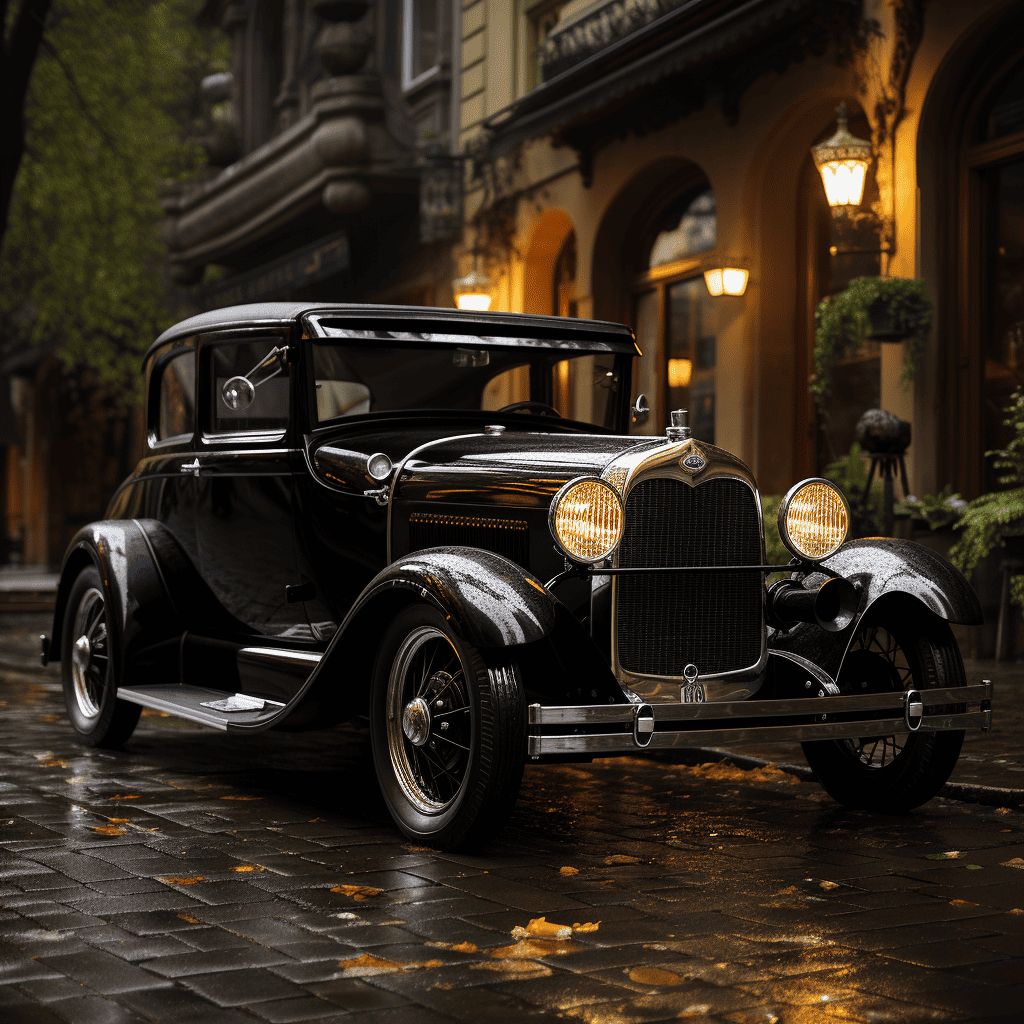Comparing luxury SUVs allows consumers to evaluate and choose the perfect combination of style, performance, and features that suit their preferences and needs. Here are some key points to consider when comparing luxury SUVs:
- Design and Styling: Luxury SUVs offer a wide range of design aesthetics, from sleek and sporty to more rugged or elegant. Compare exterior styling elements, such as grille designs, LED lighting, and body lines, as well as interior designs that showcase premium materials, sophisticated finishes, and spaciousness.
- Performance and Powertrain Options: Assess the performance capabilities of luxury SUVs, including engine options, horsepower, torque, and acceleration. Consider factors like all-wheel drive systems, suspension tuning, and available performance enhancements to match your driving preferences.
- Interior Comfort and Features: Compare the level of comfort and convenience features offered in each luxury SUV. Look for features like leather upholstery, power-adjustable seats, heated and ventilated seating, advanced infotainment systems, intuitive interfaces, and high-quality audio systems.
- Technology and Connectivity: Evaluate the technology features and connectivity options provided by luxury SUVs. Consider the availability of touchscreen interfaces, smartphone integration, advanced driver-assistance systems, and connected services that enhance the driving experience.
- Space and Practicality: Assess the interior space and cargo capacity of luxury SUVs. Look for rear legroom, headroom, and seating configurations that accommodate passengers and cargo. Consider features like power-operated tailgates, split-folding rear seats, and storage compartments.
- Safety Features: Compare the safety features available in each luxury SUV, such as adaptive cruise control, lane-keeping assist, blind-spot monitoring, automatic emergency braking, and surround-view cameras. Look for advanced safety technologies that provide peace of mind during your journeys.
- Brand Reputation and Heritage: Consider the reputation and heritage of the luxury SUV brands you are comparing. Research the brand’s history, reliability ratings, customer satisfaction, and after-sales service to ensure a positive ownership experience.
- Price and Value: Compare the pricing and value proposition of luxury SUVs, considering the overall package of performance, features, and brand prestige. Assess long-term costs, including maintenance, fuel efficiency, and depreciation, to determine the overall value of each vehicle.
By comparing these factors, you can make an informed decision when choosing a luxury SUV that aligns with your lifestyle, preferences, and budget. Remember to test-drive the vehicles and explore additional features and options to ensure the SUV meets your expectations in terms of comfort, performance, and overall driving experience.

